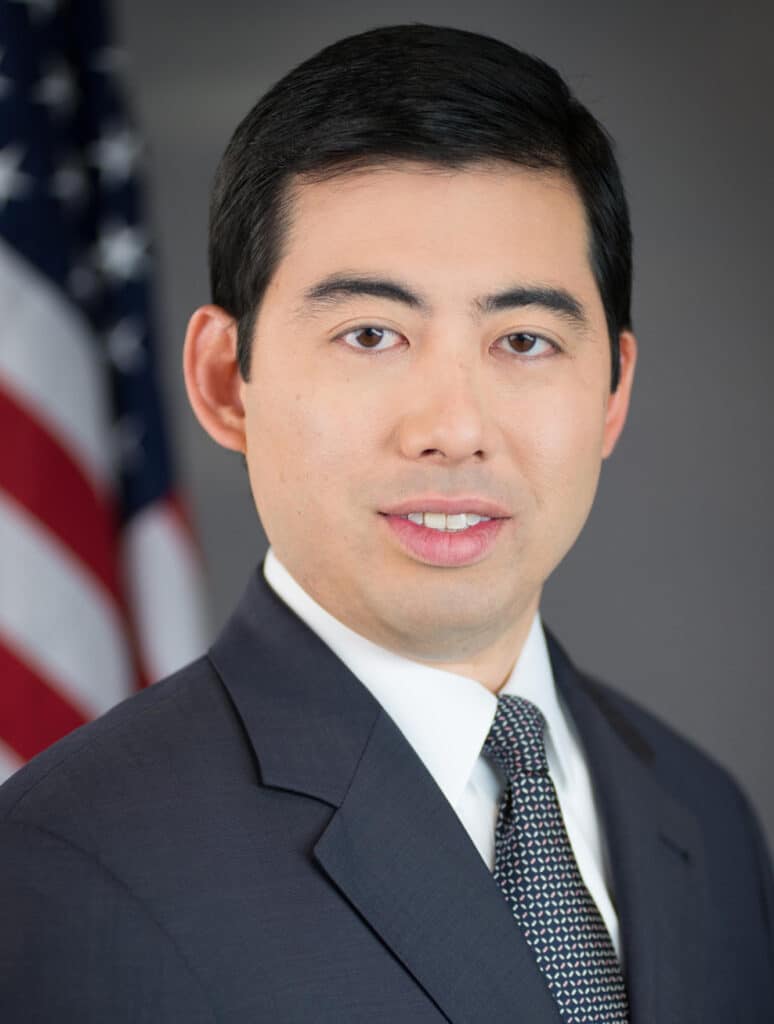The U.S. Securities and Exchange Commission has proposed new rules to help improve governance arrangements across all registered clearing agencies.
According to the SEC Chair Gary Gensler, if this proposal is adopted, it would enhance governance standards for all registered clearinghouses, particularly with regards to conflicts of interest.
“I think these rules would help to build more transparent and reliable clearinghouses. This in turn would help ensure our markets are more resilient, protecting investors and building trust in our markets,” he said.

CCPs (central clearing counterparties) have always taken their risk management practices extremely seriously, according to Stephen Bruel, Head of Derivatives and FX, Market Structure and Technology at Coalition Greenwich.
“But given that they play such a vital role in managing financial and systemic risk, regulators will continue to look to identify and wring as many potential vulnerabilities out of these organizations as possible,” he told Traders Magazine.
Bruel said that the SEC’s proposals are focused on governance and conflicts of interest, which “tend not to be as top of mind as other areas of risk management” such as margin, default funding, and default management, to name a few.
“If these proposals ultimately help the CCPs manage their key risks, then the SEC would have accomplished their goal,” he said.
The proposed rule would establish new governance requirements on board composition, independent directors, nominating committees, and risk management committees.
The proposed rule would also require new policies and procedures regarding conflicts of interest, board obligations to oversee relationships with service providers for critical services, and a board obligation to consider stakeholder viewpoints.
As it relates to clearing agencies that clear security-based swaps, the proposed rule would advance the policy objectives of the Dodd-Frank Act by establishing new requirements for policies and procedures that require such clearing agencies to identify, mitigate, or eliminate conflicts of interest and document those actions.
If adopted, the proposed rules would increase transparency of the decision-making process on clearing agency boards and committees and improve the alignment of incentives between clearing agency participants and owners.
In particular, the proposed rule would reduce conflicts of interest, increase the role of independent directors in board decision-making processes, and help promote fair representation of owners and participants in the selection of directors.
The Commission previously proposed, but did not adopt, rules regarding clearing agency governance in two separate releases between 2010 and 2011: proposed Regulation MC, proposed Rule 17Ad-25, and proposed Rule 17Ad-26.
Given the multiple changes that the Commission has made to its regulatory framework for clearing agencies in the interim, the Commission is withdrawing these previously proposed rules.
According to SEC Commissioner Mark T. Uyeda, clearing agencies form critical components of the U.S. financial market infrastructure by facilitating the securities transaction lifecycle.

He said that the Commission’s challenge is achieving the appropriate regulatory framework for clearing agencies.
“The potential systemic implications flowing from these marketplace functions and financial interdependencies of participants means that a reactive regulatory approach is insufficient,” he said.
He added that the Commission must proactively identify current and future marketplace risks and work to build a regulatory framework designed to mitigate such risks.
SEC Commissioner Uyeda further stated that an effective regulatory framework is particularly important given that clearing agencies impact, directly or indirectly, each element of the Commission’s tripartite mission.
Uyeda added that any clearing agency governance rules, however, should foster competition, promote entry of new firms, reduce concentration of risk, accommodate any differentiating factors between types of clearing agencies, and provide appropriate flexibility for each clearing agency to tailor aspects of its governance provisions to its specific business model.
“I have concerns that the proposal does not achieve these goals,” he said.
Uyeda said that the rules may limit competition and may further increase market concentration risks.
He also said that the proposal appears “overbroad”: “The Commission could have proposed a bifurcated approach with more stringent requirements on the dominant incumbents, while providing more scaling and flexibility for new entrants.”
Finally, he said that the prescriptive nature of the proposal does not adequately reflect differences in a clearing agency’s organizational structure or services provided.
Uyeda said that he is concerned that a “one size fits all” approach to corporate governance, by mandating specific governance structures for all registered clearing agencies, may not take into account current or future differences in the underlying business models of these firms.
“I am concerned that the proposal rules will result in a “check the box” approach to clearing agency governance that does not effectively address the underlying concerns,” Uyeda said.
“While I am unable to support the proposal, I look forward to the public’s comments, including responses regarding the economic analysis, and whether we can reduce potential systemic risks associated with clearing agencies through governance structural requirements,” he added.
Meanwhile, the Depository Trust & Clearing Corporation (DTCC) told Traders Magazine, that it appreciates the “SEC’s attention to balancing a wide variety of interests in clearing agency governance”.
“We are evaluating the proposed regulation, and we look forward to discussions with the SEC and others on these topics,” DTCC said.




